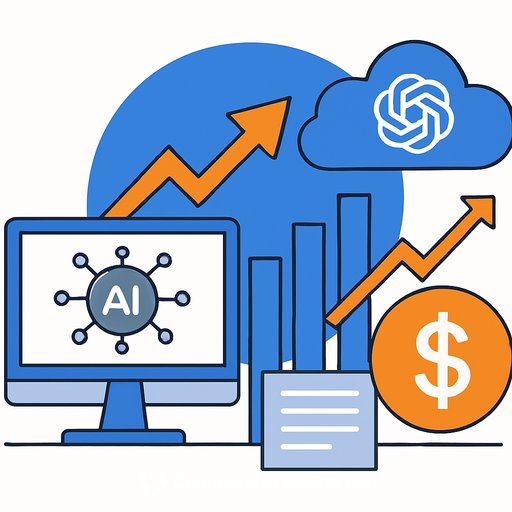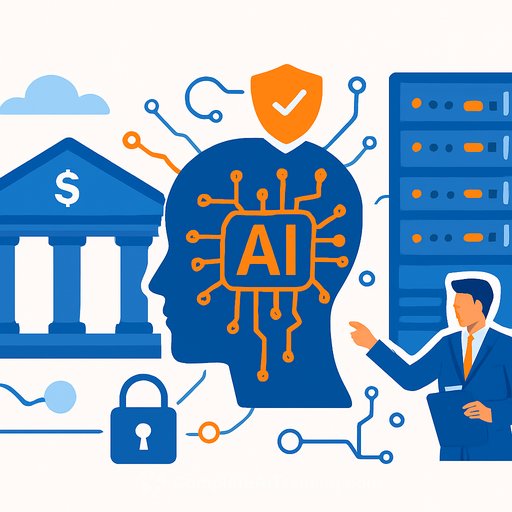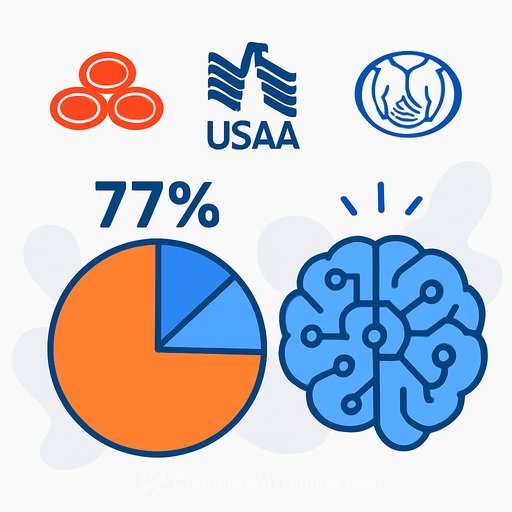Senate Bill Proposes AI Regulatory Sandbox for Financial Services
Senator Mike Rounds (R-S.D.) has reintroduced legislation aimed at creating a regulatory sandbox for artificial intelligence (AI) in financial services. The proposed bill, co-sponsored by Senator Martin Heinrich (D-N.M.), would allow financial institutions to test AI tools without immediate risk of enforcement action, provided they comply with transparency, safety, consumer protection, and national security standards.
The “Unleashing AI Innovation in Financial Services Act” directs key financial regulators—including the Securities and Exchange Commission, Consumer Financial Protection Bureau, and Federal Reserve—to evaluate and potentially adjust existing rules for approved AI test projects. Regulators would have 90 days to approve or deny sandbox applications, with automatic approval if no decision is made within that timeframe.
Balancing Innovation and Oversight
Lawmakers from both parties emphasized the need to foster AI innovation while addressing its risks. Senator Mark Warner (D-Va.) warned against repeating past mistakes made with social media regulation, recalling a hearing where all major AI CEOs agreed that AI needs regulation. Warner highlighted concerns about “surveillance” pricing practices, such as Delta Air Lines’ use of AI to customize airfare based on individual data. He and other senators have requested more transparency from Delta on these practices.
Insurance Industry's Response to AI Risks
Kevin Kalinich from Aon explained that insurers are starting to address new AI-related risks, including generative model hallucinations and deepfakes. Due to limited historical data, many insurers are excluding AI exposures from professional liability and cyber policies. However, some carriers offer AI-specific coverage with smaller limits for innovative clients.
Kalinich stressed that firms with strong AI governance—such as documented model audits, explainability metrics, and bias mitigation—are more likely to secure favorable insurance terms. Good governance supports both innovation and consumer protection.
AI’s Role in Compliance and Market Stability
Tal Cohen, president of Nasdaq, shared how AI is improving market surveillance by reducing false positives and streamlining compliance investigations. Nasdaq recently launched AI agents that cut compliance review workloads by over 80% in some workflows.
Cohen also acknowledged cybersecurity risks from adversarial nations and emphasized collaboration among exchanges to protect market stability. While there is no formal multiagency task force yet, Cohen highlighted the need for coordinated efforts to address AI-related threats in financial markets.
Transparency and Trust Through Open Source AI
David Cox of IBM Research underscored the value of open-source AI for security, trust, and collaboration. Open source lowers barriers for smaller firms and research groups while expanding talent pipelines. Cox stressed the importance of auditable large language models (LLMs), pointing out that many developers do not disclose training datasets, complicating regulatory compliance.
Rising Fraud and Market Integrity Concerns
Senator Katie Britt (R-Ala.) raised alarms about AI-powered impersonation scams, citing a 148% increase in financial fraud driven by generative AI. She questioned Nasdaq’s Cohen about AI-driven trading bots and their potential impact on market integrity. Cohen assured that regulated firms maintain proper controls to mitigate risks.
Consensus on Need for AI Regulation
Across the hearing, there was broad agreement that existing regulations are insufficient for AI’s challenges. Senator Warner noted that China is moving beyond imitation and actively innovating in AI, making the regulatory environment in the U.S. more critical. Senator Britt emphasized that AI regulation is a key competitive issue.
Financial and insurance professionals should watch these developments closely, as the sandbox approach could shape how AI tools are deployed, governed, and insured in the near future.
For those interested in expanding their AI knowledge and skills relevant to finance and insurance, resources like Complete AI Training’s AI tools for finance offer practical courses and certifications.
Your membership also unlocks:










